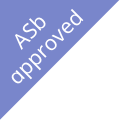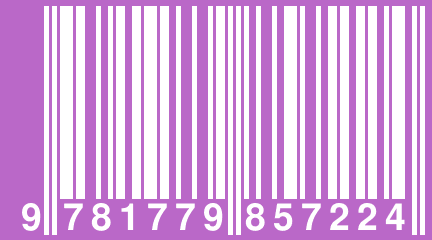
Reconciliation Day
Refilwe Morongwa Ramagoshi
Tebogo Matshana

English
First paragraphs
——
In South Africa, Reconciliation Day is a public holiday on 16 December.
-
This book is about Reconciliation Day.-
You will find out about its history, and why it is important.1
Grandfather was watching TV at home on Reconciliation Day.
-
“Grandfather, what is Umkhonto we Sizwe (MK)? And what is reconciliation?” asked Puseletso.-
“You are asking too many questions at once. Listen, let me teach you!” said grandfather.2
“MK was the ANC’s army. They fought against the apartheid government. Apartheid was discrimination against Black people,” explained grandfather.
-
“Today, people are happy because it is the day of forgiveness and reconciliation,” he said.3
“Do you remember when you did not speak to Dikeledi for a week?” asked grandfather.
-
Puseletso nodded.-
“And then slowly you became friends again?” Puseletso nodded again.-
“That is forgiveness and reconciliation,” smiled grandfather.4
“16 December is a day of forgiveness and reconciliation,” continued grandfather.
-
“This day has a long history. The story starts with fighting that happened a long time ago, on the 16th December 1838.”5
“On that day in history, King Dingane’s AmaZulu warriors and the Voortrekkers fought a big battle near the Ncome River.”
-
“Who won?” asked Puseletso.6
Grandfather replied, “The Voortrekkers won.
-
For a long time, they celebrated their victory on the 16 December. They called it the Day of the Vow.7
Then, in 1962 on the 16th of December, Umkhonto we Sizwe was formed.
-
They were ANC soldiers ready to fight against the apartheid government.8
“Grandfather, what pushed Umkhonto weSizwe to fight only after so many years of apartheid?” asked Puseletso.
-
“There were a number of reasons. What happened at the anti-Dompas march was one main reason,” said grandfather.-
“What is a Dompas?” asked Puseletso.9
Grandfather answered, “Dompas is an old ID. All Black people were forced to carry this ID document.”
-
“In 1960, at a peaceful march against carrying these ID documents, the police attacked the marchers. The apartheid police killed and injured people, in Sharpeville in Gauteng.”10
“Past conflicts have divided Black people and white people,” sighed grandfather.
-
“Friendship can only be built on truth. It should be known what happened between Black people and white people because of apartheid,” he said.11
“Is it easy to forgive each other after so much fighting?” asked Puseletso.
-
“No! It is not easy. But to move forward, forgiveness and reconciliation are important among people,” replied grandfather.-
“Reconciliation is not quick. Reconciliation takes a long time,” he added.12
“If someone makes a mistake, they must tell the truth and ask for forgiveness from the person they wronged.
-
Then, they can start to fix the relationship,” explained Grandfather.-
“You have listened well. Now, let’s watch what you want to watch on TV!” smiled grandfather.13
——Questions
- When is the Day of Reconciliation celebrated? Why is it a public holiday?
- Who were Umkhonto weSizwe?
- Who were the Voortrekkers?
- What was apartheid?
- In your own words, explain what ‘reconciliation’ means.
- How can people achieve reconciliation?
- Do you think reconciliation is important? Explain.
- Think of anyone in your family or school that you need to reconcile with. Write down how you will go about doing it.
14
——Books in this series
- Freedom Day
- Heritage Day
- Human Rights Day
- Reconciliation Day
- Women’s Day
- Workers' Day
- Youth Day
15
——
This storybook was created and written in Setswana, as part of the Zenex Ulwazi Lwethu reading materials project in 2020.
16

Attribution CC BY

Your attribution should include the following:
Title: Reconciliation Day
Author/s: Refilwe Morongwa Ramagoshi
Translator/s: Refilwe Ramagoshi
Illustrator/s: Tebogo Matshana
Assurer/s: African Storybook
Language: English
© Zenex Foundation - Saide 2025
Title: Reconciliation Day
Author/s: Refilwe Morongwa Ramagoshi
Translator/s: Refilwe Ramagoshi
Illustrator/s: Tebogo Matshana
Assurer/s: African Storybook
Language: English
© Zenex Foundation - Saide 2025
CC BY includes the following elements:
BY – Credit must be given to the creator
– Credit must be given to the creator
BY
 – Credit must be given to the creator
– Credit must be given to the creator